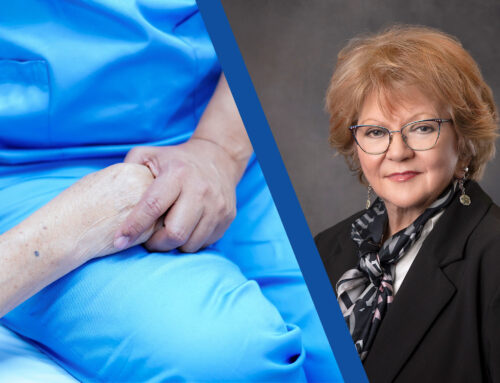Spirituality can provide comfort when experiencing loss or physical or emotional pain. However, some people may experience spiritual distress when they cannot find meaning, peace, strength, or deep connections. Moreover, one is not obligated to follow a specific religion to have spiritual values and beliefs.
When someone receives a diagnosis of a progressive illness, it’s not uncommon for them to question their beliefs. This type of diagnosis is terminal and can affect family members as well. Therefore, it’s essential to be able to identify signs of spiritual distress so that those in these situations can receive proper support and assistance. The grieving process associated with illnesses can be complicated.
What is spiritual distress?
Spiritual distress is natural when having doubts or concerns about personal beliefs and value systems. This pain can manifest when sources of meaning, love, hope, comfort, peace, strength, or connection are not readily available in a person’s life or when something happens to them that goes against their beliefs about themselves and their place in the world.
People dealing with an illness encounter spiritual distress due to the difficulties, transformations, physical and emotional agony, and other symptoms and losses linked with serious ailments. Progressing through the five stages of grief (denial, anger, depression, bargaining, and acceptance) can lead to substantial shifts in one’s life. It is never simple to begin losing those close to us, even if it is a natural outcome of life.
Different people might experience spiritual distress in their particular way. However, some symptoms could be challenging to recognize in oneself or other loved ones, such as:

Bereavement counseling
The concepts of grief and loss are often associated with the passing of a loved one. If you or a family member have decided to enter a hospice care program, there is still time to get help dealing with spiritual distress. Bereavement specialists, spiritual counselors, and chaplains are available to assist patients and families in connecting with your spiritual resources.
As long as we can learn to trust and understand the cycle of grief, we should know that these feelings are natural. Bereavement counseling is individually designed to allow us to be human. These experiences may leave us vulnerable, but we can find strength through spirituality.
At Ascend Hospice Care, a team is available to assist you with spiritual anxiety symptoms. So please feel free to call us to learn more about spiritual distress, other typical end-of-life changes, or any concerns you may have.




